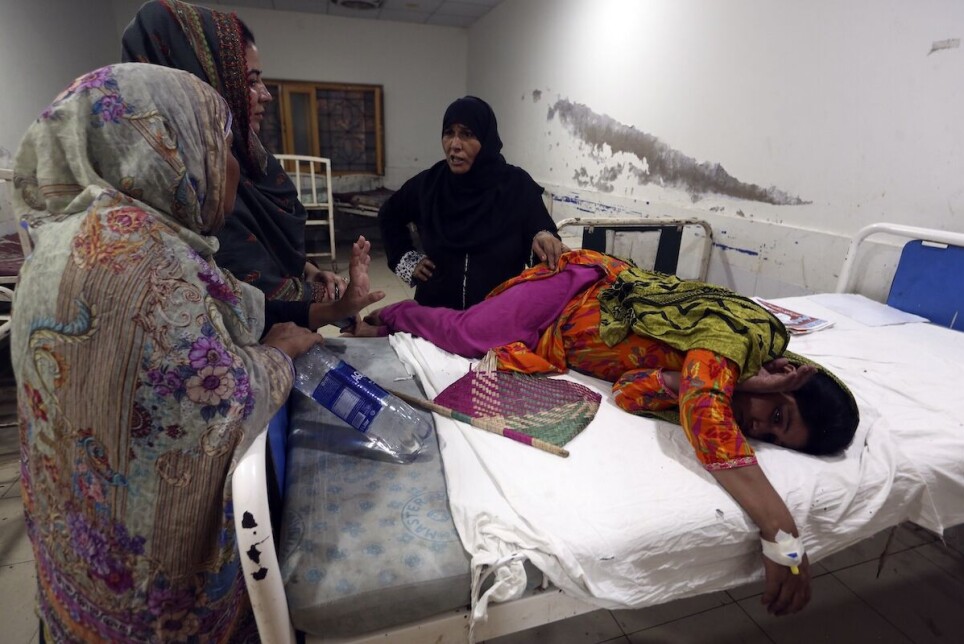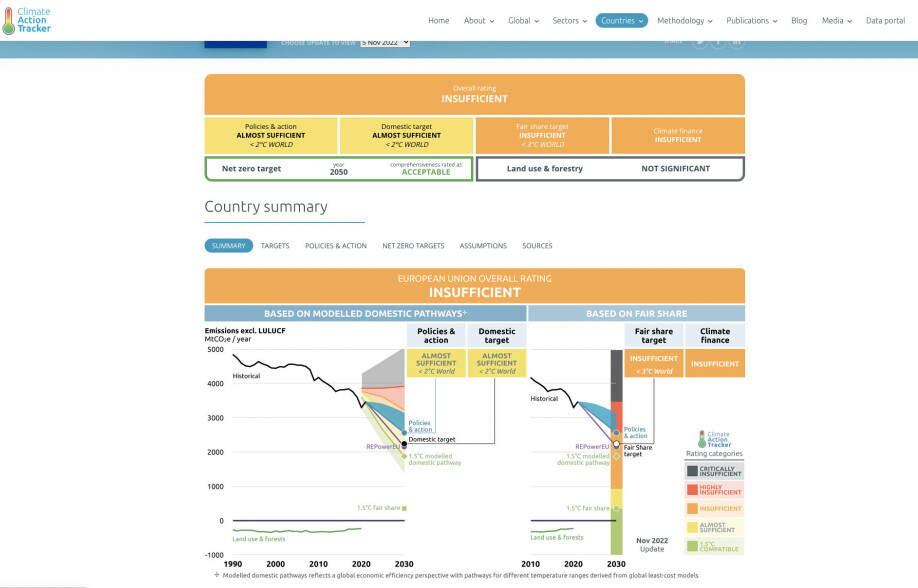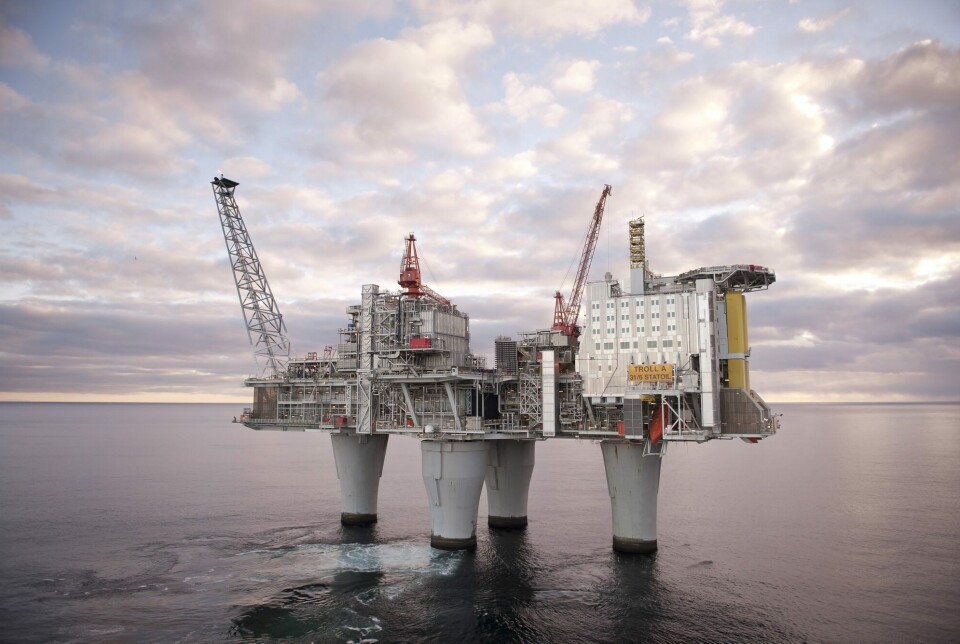THIS ARTICLE/PRESS RELEASE IS PAID FOR AND PRESENTED BY NTNU Norwegian University of Science and Technology - read more

The EU’s climate law is an important milestone, but it’s not enough
PODCAST: Tremendous floods in Pakistan earlier this year forced 600,000 pregnant women to leave their homes for safer ground. It was just one in a series of nearly unthinkable happenings caused by climate change — and a clear message that humankind has to do more to stop it.
COP 27, the two-week long UN Climate Talks began on Sunday, November 6 in Sharm el Sheikh, Egypt, against a backdrop of dramatic climate-related catastrophes: the floods in Pakistan, and droughts in Sichuan, China, in India, in Europe and North America, and famine in Africa.
The 197 countries that agreed to the United Nations Framework Convention on Climate Change in 1992 face some daunting challenges at the meetings in Egypt.
For the first time ever, the question of fairness in shouldering the economic burden of climate change is formally on the climate talks agenda.
That’s the question of how rich countries, which are responsible for the bulk of the world’s greenhouse gas emissions, should compensate developing countries, such as in Asia and Africa, for the losses and damages they are experiencing because of global warming.
Can the world tackle the problem of climate change? So far, most countries have failed to meet the modest goals they committed to in the 2015 Paris Agreement, and emissions have continued to rise.
“We are in the fight of our lives, and we are losing,” UN secretary-general, António Guterres, said at the opening of the COP 27 conference. “We are on a highway to climate hell with our foot on the accelerator.”

Ambitious goals — but can we meet them?
One notable standout is the European Union and its climate law.
Edgar Hertwich is international chair at NTNU’s Industrial Ecology programme and has been named one of the top 100 climate researchers in the world. He’s also one of 15 members of the European Scientific Advisory Board on Climate Change, which is advising the EU on implementing its new climate law.
In a new podcast extra from NTNU’s English-language podcast, 63 Degrees North, Hertwich gives a clear-eyed assessment of the EU’s efforts to date.
“The European climate law is really an important milestone. There isn’t such a large political entity that has decided to take such drastic action and is serious, at least about the two degree target,” he said.
That said, the goal of the Paris Agreement is to limit global warming to well below 2 degrees, but preferably to 1.5 degrees Celsius, compared to pre-industrial levels.
There’s one problem though, Hertwich says.
“The current scenario calculations are all based on the cost efficiency basis. And that means that we have a lot more carbon to emit than people in poor countries,” he said. That means the EU would be “taking up a larger share of emissions than would be fair from an equality perspective.”
This is exactly the issue that organisers hope will be addressed during the COP27 talks.

Warning to oil nations — like Norway
Hertwich says that humankind — particularly politicians — hasn’t fully acknowledged how comprehensive the changes that are needed to bring emissions down.
“We need to bring energy consumption down. We need to move away from fossil fuels, largely phase out fossil fuels by the end of the century, and actually, to a substantial degree by 2050,” he said. “We need to stop using coal without CCS, we need to dramatically increase the use of renewables, like wind and solar. And we will have to use increased amounts of biomass according to most scenarios. And this is just the changes in the energy sector.”
Other changes needed in the industrial sector will affect everything from the way we produce chemicals to how we make cement, he said.
And all those investments that oil producing nations have made in oil fields, oil pipelines and the like — at some point sooner rather than later they will be what economists call stranded costs, because their value will plummet as the world moves away from fossil fuels.
“We will not be able to amortise this infrastructure. It will become stranded assets, if we manage a 1.5 degree pathway. If we decide to use this infrastructure until it is amortised, we will not be able to reach the 1.5 degree target,” he said.
Read more content from NTNU:
-
Fish farming is least harmful to the seabed in the north
-
Study: Centralising hospitals has reduced birth mortality
-
Early testing of schoolchildren: “We found absolutely no effect”
-
This determines whether your income level rises or falls
-
Why is nothing being done about the destruction of nature?“We hand over the data, but then it stops there"
-
Researchers now know more about why quick clay is so unstable





































